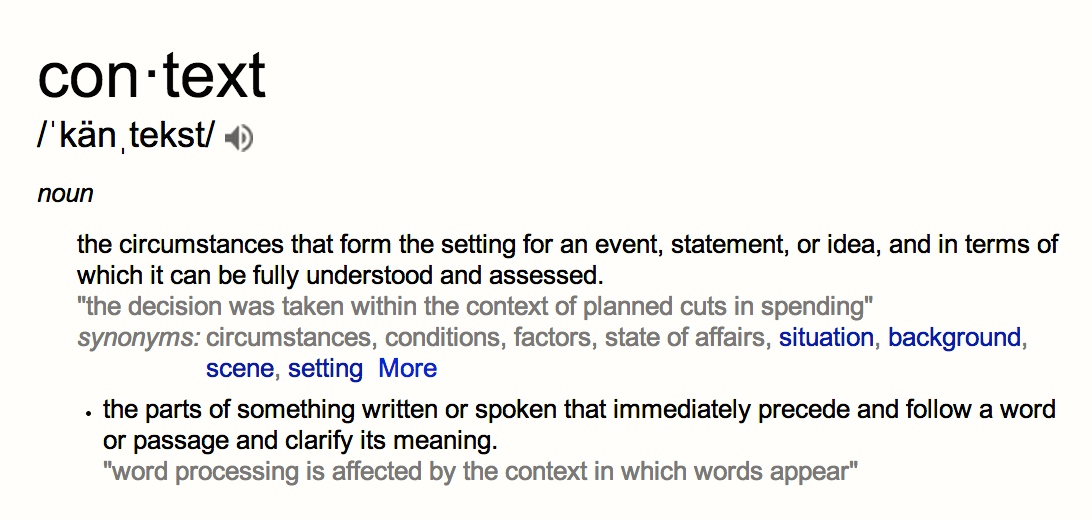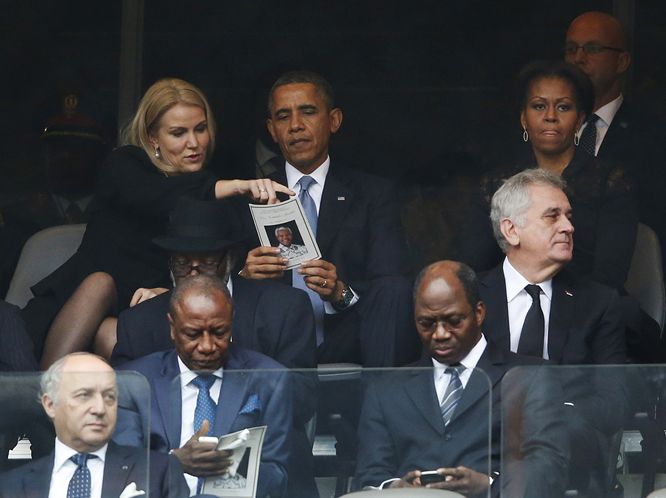When did I become an advocate for slow and expensive? It was a gradual thing. I don’t really think it was a question of choice, as much as, a rebellion against the alternative, fast and cheap.
For reasons that remain elusive to me, fast and cheap have become beacons for consumers. Fast and cheap food has been a staple for years. Forbes magazine rates McDonald’s as one of the top five brands in the world. But fast and cheap have begun to invade sectors that make no sense to me at all. What is the point of speed dating? Are you looking for a fast talker? What about dating sites that state, with pride, “We don’t waste your time with a lot of questions.”
Hmmm… even if I met a man who had been vetted through friends or family, I’d want him to answer a few questions, but then I think there is value to be had in that four-letter word, time. Yes, call me old fashioned, but I think you get what you pay for and you pay with time and or money for quality.
Which takes me back to fast and cheap. Let’s start with fast. So what’s the rush? When did speed become synonymous with good? Like any Luddite might, I blame technology, or more to the point, I blame our inability to separate what’s good for technology from what’s good for us. Do we think that the speed at which our computers boot up, we move through the Internet, we download movies can some how be extrapolated to apply to the real world?
What if job interviews were a minute long and applications asked only one question? What if we only aged our scotch for a year and all wine was new? Perhaps all steak should be served rare and visits to the doctor to should be marked in seconds not minutes. Slow growing plants like evergreens should be eradicated, while those persistent and pretty dandelions should be encouraged. Education need not take years… whoa! Some things simply take time. As a woman or as a man, do you want to be thought of as fast? Many things are better because they don’t happen quickly.
The appeal of cheap is a complete mystery to me. Cheap has never been a harbinger of value. Cheap is the car sales man in the loud jacket steering you towards a lemon. Cheap is the invasive and cloying scent of cologne purchased for a song. Cheap is the derogatory term we use on the boss that does not pay you you’re worth. Cheap is the umbrella that breaks the first time it rains. If someone called you cheap, would you take it as a compliment? What would you think if it was applied to your work?

Therein lies the rub for me. Cheap and fast may be popular, but it’s not how I want my skills perceived. It’s not how I brand myself. I’ve never wanted to be considered by any of the other meanings attributed to cheap either. I am not shoddy, stingy or heaven forbid, inexpensive. My abilities to assess and respond were not acquired quickly. It has taken me decades of experience, years of research and more failures and successes than I care to count to build my body of professional knowledge. I save my employers and clients time and money because I take my time and apply my years of hard earned knowledge to the challenges they face. In short, what I offer is neither fast nor cheap.
You are no doubt thinking that happier times can be found in more modest approaches. Why not aim to be moderately fast and reasonably priced? Doesn’t that just roll off the tongue? The problem with moderate and reasonable is that they do not capture the imagination. They make me think of mediocre. Even when we purchase things in the mid range, we’re really hoping they are about as good as the higher priced item, but a better price. We all love getting a good deal and I’m no exception.
When promoting a brand you have a few ways to go, you are appealing to a unique niche, you are best in class or you are cheaper. If you are offering something unique, you are not competing on price. If the market is competitive you are left with quality or price. Unless you are willing to fight on price, a war no one wins, then you are left with quality.
Quality is rarely if ever associated with fast and cheap, but it has kept company with slow and expensive.
Which would you rather be, fast & cheap or slow & expensive?
Image: A yacht in Lorient, Bretagne, France (Photo credit: Wikipedia)






 Who is the invisible conductor that makes our heart beat? How did the ten thousand heart cells agree to a rhythm? From the simple beat of our hearts to complex symphonies of sound we hear from an orchestra, why does music help us think? How can an acoustic pattern help us to learn and grow?
Who is the invisible conductor that makes our heart beat? How did the ten thousand heart cells agree to a rhythm? From the simple beat of our hearts to complex symphonies of sound we hear from an orchestra, why does music help us think? How can an acoustic pattern help us to learn and grow?
